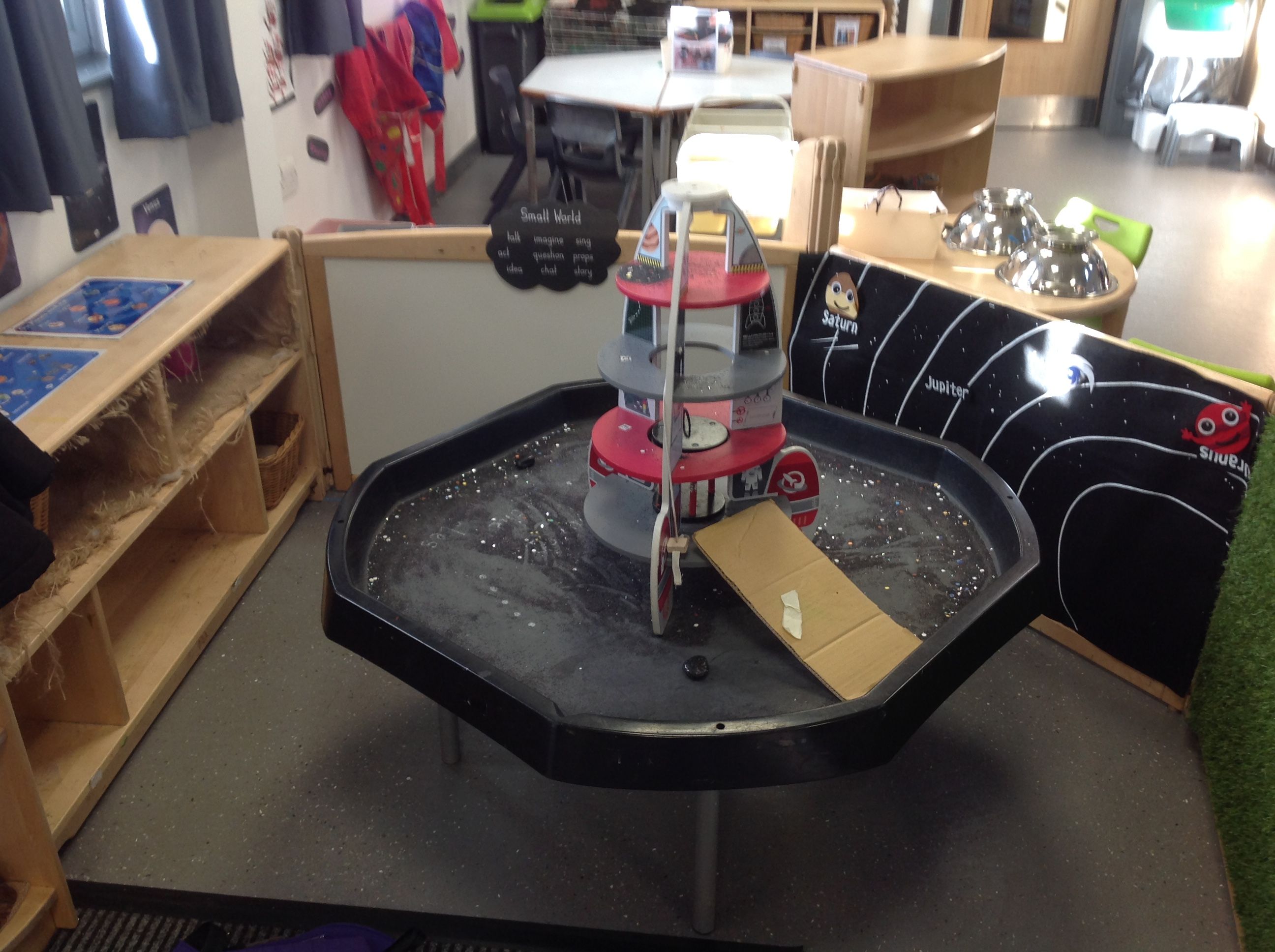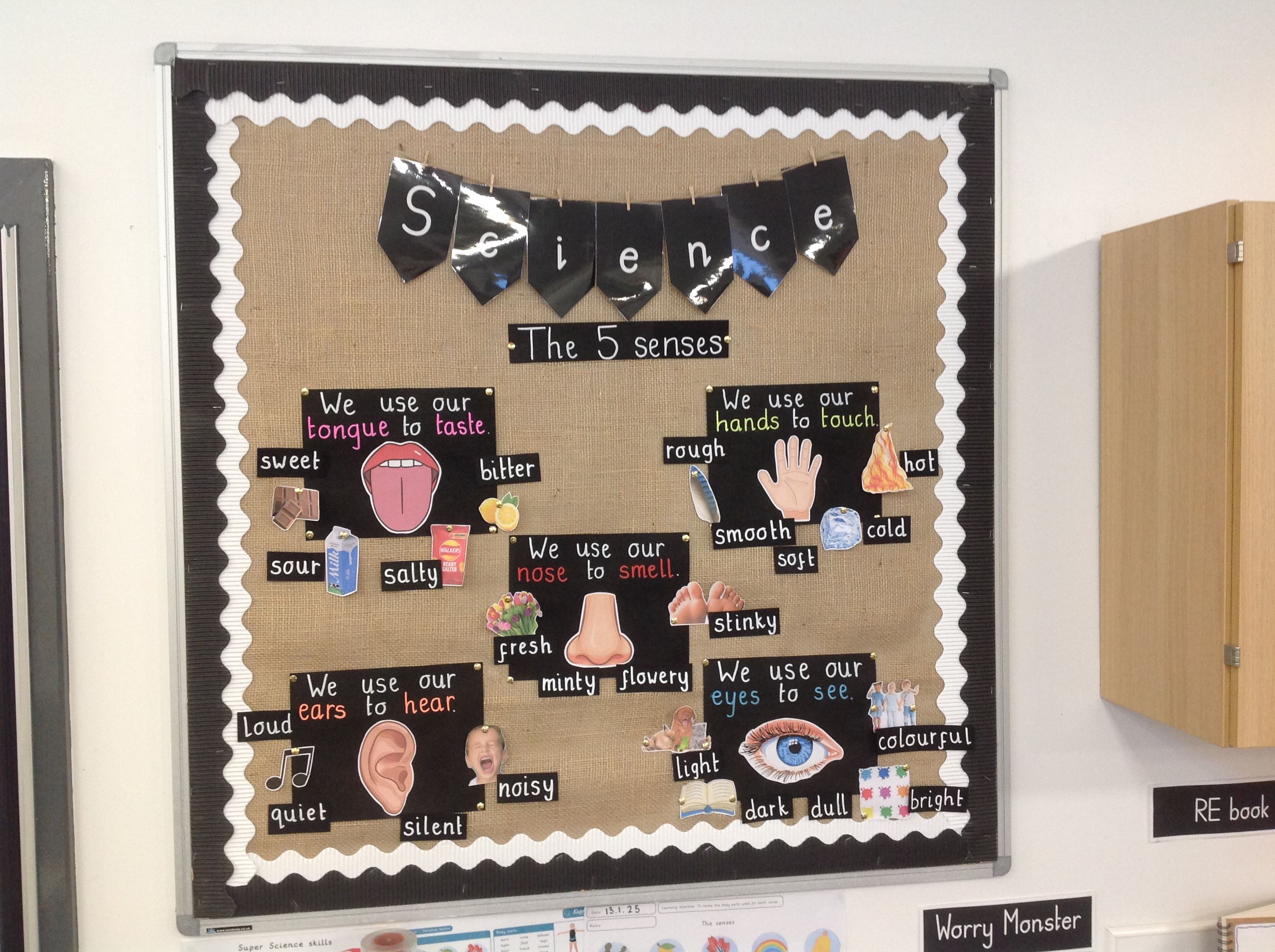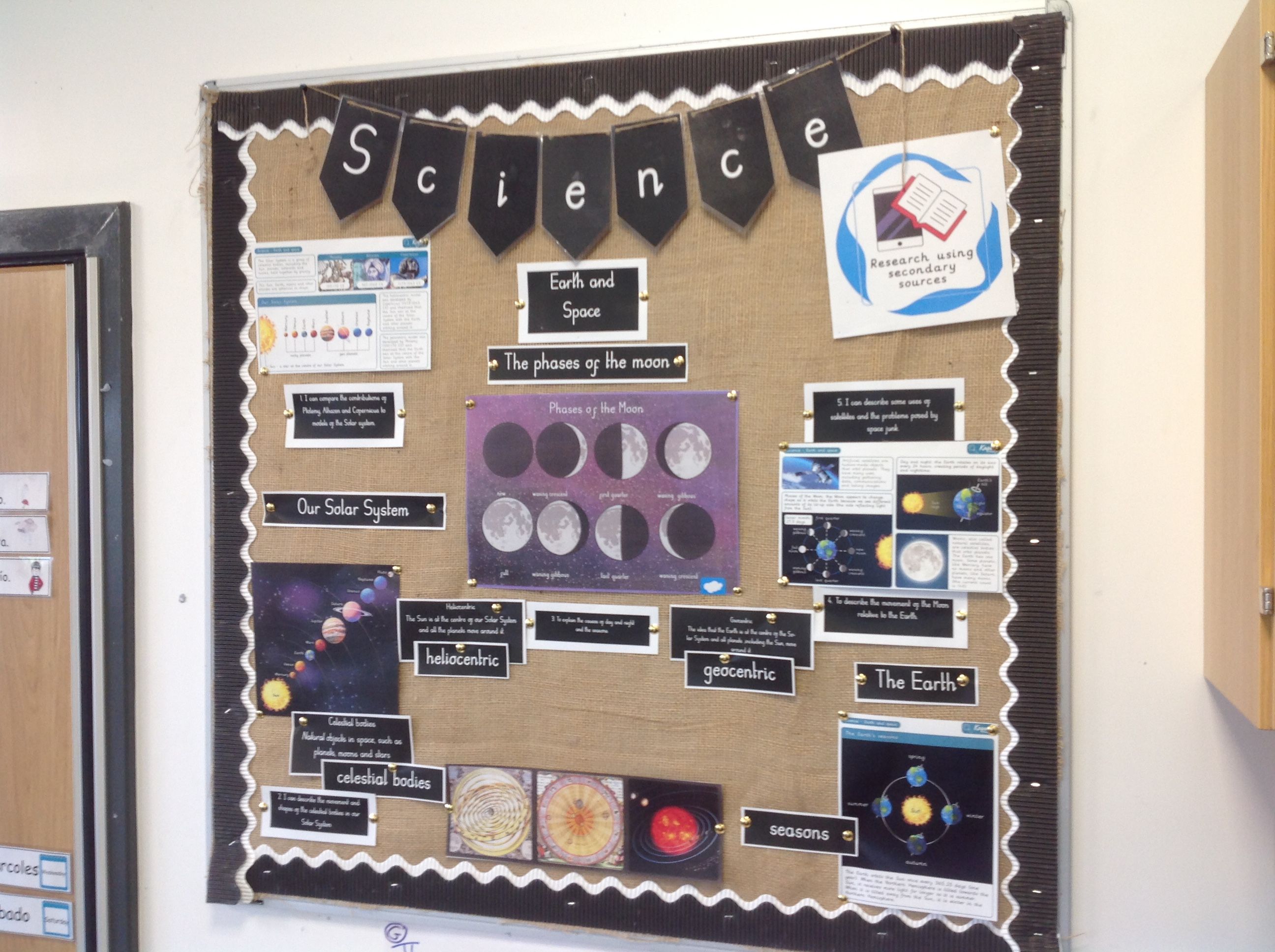Science
Subject Leader: Aaron Campion
Intent
At Corby Primary Academy, science plays a pivotal role within our curriculum, which aims to stimulate a pupil’s curiosity in finding out why things happen in the way they do. From the Early Years, pupils work in a collaborative way to access science and are exposed to a vast range of scientific language to aid their discussions. Our teachers plan inclusive, memorable lessons that encourage pupils to ask scientific questions, allowing them to appreciate how science affects their futures on a personal, national, and global level.
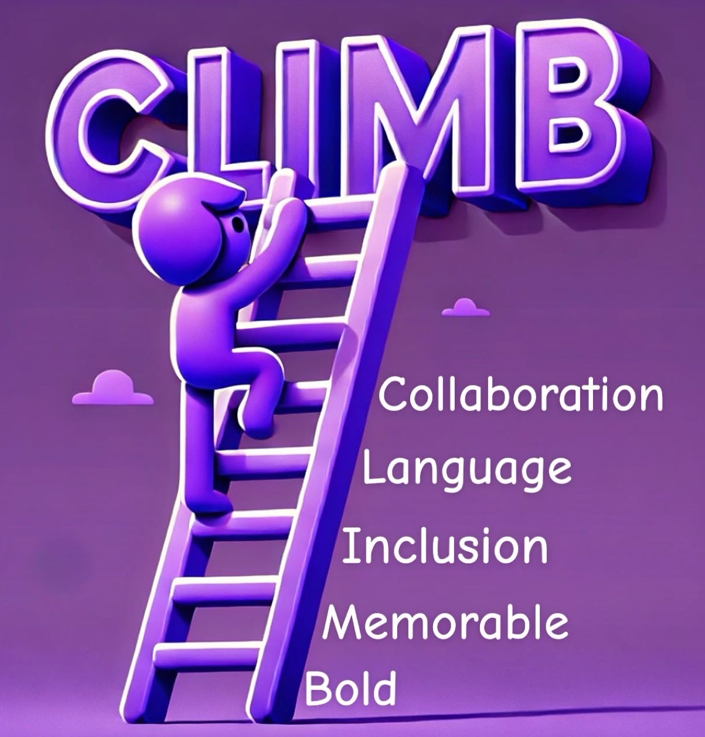
Within each lesson, pupils make links from their prior learning through ‘Flashbacks,’ providing them with a solid foundation to learn. Our curriculum encourages pupils to be bold in the questioning of scientific concepts, to develop and nurture the next generation of scientists.
Our curriculum for science ensures that all pupils:
- develop scientific knowledge and conceptual understanding through the specific disciplines of biology, chemistry, and physics.
- develop understanding of the nature, processes, and methods of science through different types of science enquiries that help them to answer scientific questions about the world around them.
- are equipped with the scientific knowledge required to understand the uses and implications of science, today and for the future.
Implementation
We aim to break down the essential aspects of key stage science into small, manageable chunks.
Through experiment, practice and discussion, our pupils gain core knowledge around:
- Scientific vocabulary
- ‘Working scientifically’ skills including systematic and careful observations and following practical scientific methods.
- The gathering and interpretation of scientific evidence
- The use of everyday materials and scientific equipment to solve science problems
- Articulating scientific concepts and using five types of science enquiries
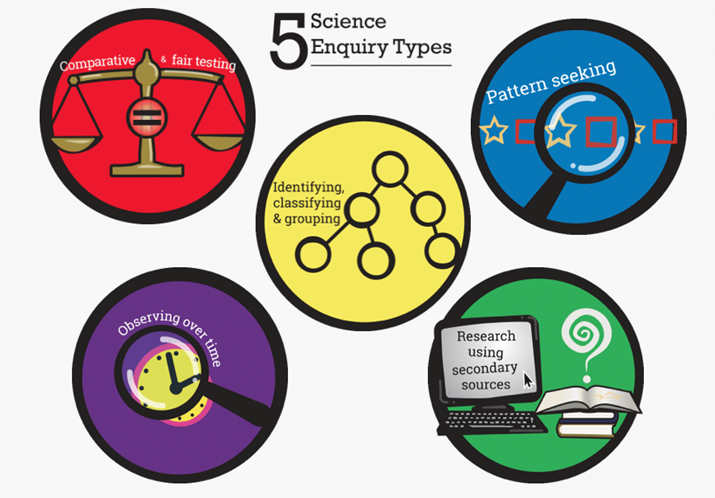
We believe that science should be taught in a way that inspires and incites curiosity about the natural world.
At Corby Primary Academy, pupils are exposed to a variety of scientific experiences. Often, pupils are taught through whole-class teaching, while at other times we engage the pupils in an enquiry-based research activity. We encourage pupils to ask scientific questions and encourage them to explore and discover answers independently or in small groups. They use a variety of data, such as statistics, graphs, pictures, and photographs. They take part in role-play and discussions to be able to explain and justify their findings. Wherever possible, we involve the pupils in ‘real’ scientific activities; for example, researching a local environmental problem or conducting a practical experiment and analysing the results. We also use our local environment where possible through fieldwork in the local community.
We recognise that there are pupils of widely different scientific abilities in all classes, and we ensure that we provide ambitious learning opportunities for all pupils, including those with SEND, EAL and Disadvantaged pupils, by matching the challenge of the task, to the ability of the child.
Substantive knowledge across our year groups:
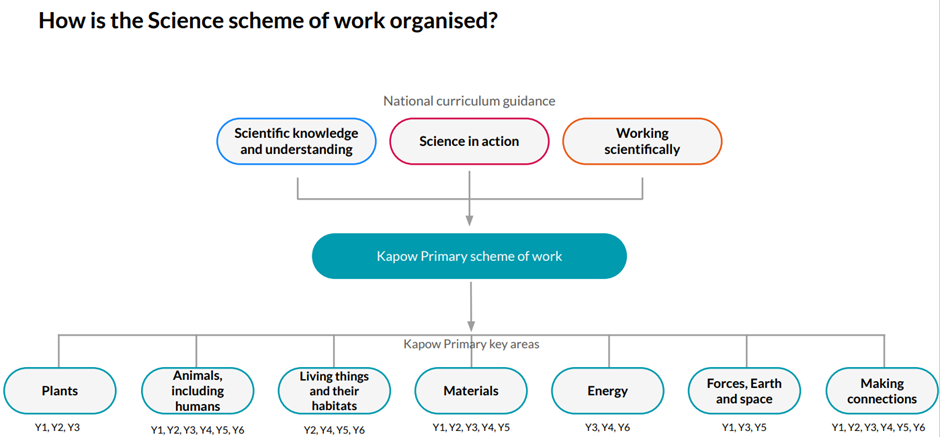
Disciplinary knowledge across our key stages:
|
|
Methods to answer scientific questions |
Apparatus and techniques, including measurement |
Analysis, presentation and evaluation of scientific data to draw valid conclusions |
Development of scientific knowledge over time and its implications |
|
KS1 |
Asking simple questions Identifying and classifying |
Gathering and recording data. Observing closely using simple equipment. |
Using observation and ideas to suggest answers to questions. |
|
|
LKS2 |
Using different types of scientific enquiry. Setting up fair tests and making predictions. |
Taking accurate measurements using standard units. Using a range of equipment. |
Recording findings using bar charts, keys, tables and labelled diagrams. Making predictions for new values, suggesting improvements. |
Using scientific evidence to support findings. |
|
UKS2 |
Planning different types of scientific enquiry. Recognising and controlling variables. |
Taking measurements with increasing accuracy and precision. Taking repeat readings. |
Recording findings using scatter graphs, line graphs and exploring causal relationships. Analysing the degree of trust in results. |
Identifying scientific evidence used to support or refute ideas or arguments. |
Impact:
Assessment for learning supports pupils to develop a secure understanding of scientific concepts, through retrieval practice, discussion, regular marking, and enquiry questions. Flashbacks allow pupils to activate prior learning and to make meaningful links with their new learning. They refer to knowledge organisers and key vocabulary to support this.
Leaders monitor the quality and impact of the Science Curriculum through analysis of books, planning, pupil voice and the extent to which pupils know more and remember more.
By the time pupils leave Corby Primary Academy, they will become competent, knowledge-rich scientists with a desire to further develop their skills.
The impact of our science curriculum is constantly monitored through both formative and summative assessment opportunities within lessons.

